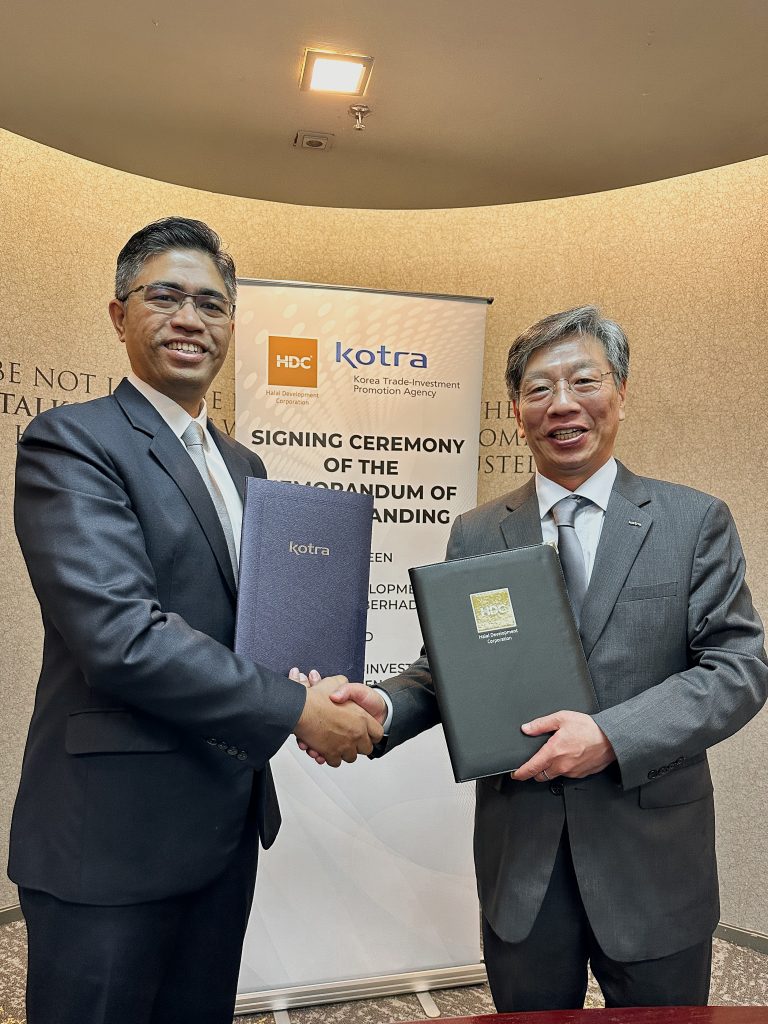
Manuel Balaguer Salas
KUALA LUMPUR: The new Malaysian government has given a new impetus to Argentina-Malaysia bilateral ties, said Argentinian Ambassador to Malaysia, Manuel Balaguer Salas.
He said Argentina is delighted with the latest development especially under the leadership of Tun Dr Mahathir Mohamad, which saw more initiatives developed after he came to power last year.
“Our relations have always been very significant. Annual bilateral trade figures are around US$1.2 billion and there are also many investments of companies in both ways.
“But I must recall that the relation between both countries started when Dr Mahathir officially visited Argentina back in 1997. Since then, many initiatives have developed, and now that he is back in the office, even more.”
Salas said this to Bernama International News Service in an email interview when asked to comment on the Argentina-Malaysia ties under the Pakatan Harapan (PH) government in conjunction with the upcoming one-year reign of the new Malaysian government.
The new government came to power in the historic 14th General Election on May 9 last year after 61 years under the Alliance Party (1957-1973) which later became Barisan Nasional (1974-April 2018).
The win for PH – a coalition of four parties comprising Parti Pribumi Bersatu Malaysia (Bersatu), Parti Keadilan Rakyat (PKR), Parti Demokratik Malaysia (DAP) and Parti Amanah Negara (Amanah) – and the appointment of Dr Mahathir as the seventh Prime Minister at the age of 92 have added to the significance of the said election.
Salas highlighted that with recently-established projects signed between the two countries and high-level visit of foreign minister Datuk Saifuddin Abdullah who met his counterpart in Argentina last month, both occasions reflect the warm and growing relations in many potential areas of cooperation.
“We are expecting our vice-president Gabriella Michetti to come to Kuala Lumpur in May. All these high-level visits show our bilateral relations regaining pace, and this, of course, is due to the interest of Dr Mahathir’s administration in our country and the projects that we can develop together,” he said.
Salas, who took up his post here in 2016, noted the latest projects signed include the opening of Petroliam Nasional Berhad (Petronas) office in the capital city Buenos Aires, as well as the agreement with Argentina’s national oil and gas company, YPF, to invest US$2.3 billion in the next four years – in Vaca Muerta – one of the biggest shale oil and gas reserves in the world.
Malaysian companies like IJM Corporation Berhad and Sri Inderajaya Holdings Sdn Bhd also have important investments in Argentina in other fields, he said.
Elaborating further, he pointed out that other significant progress was on the ongoing cooperation by the Malaysian authorities regarding the halal food sector.
Citing the cooperation between Argentina and the Department of Islamic Development Malaysia (Jakim) on the halal requirements for Argentina’s world-famous beef, Salas expressed hope that this particular area could be one of many changes that Argentina and Malaysia could achieve in increasing the bilateral trade.
“One good example is the cooperation we are receiving from the Malaysian authorities, such as Department of Veterinary Services (DVS) and Jakim, to be able to bring back our world famous beef to the country.
“There is a great intention of one of the most important slaughterhouses in Argentina to adapt its production methods to suit the Malaysian halal requirements, and we are making good progress to enable the company to be certified for the Malaysian market,” he added.
He also noted Malaysia’s willingness of re-engaging in South-South Cooperation, specifically to attract investments, has positively driven Argentina to help in sectors of bilateral scientific and technical cooperation.
“In both fields, we feel we have certain expertise, like agro-industry, farming and sports. Some Argentine companies have also expressed their interest in opening offices here, due to the good investment climate and the transparency for doing business in this country,” he said.
Malaysia and Argentina established diplomatic ties in 1967.
The Argentinian embassy was opened in August 1983, while Malaysia set up its embassy in Buenos Aires in 1989.
Argentina, with a population of about 40 million, is the eighth-largest country in the world by land area.
It borders Paraguay and Bolivia to the north, Brazil and Uruguay to the northeast, and Chile to the west and south. — Bernama



